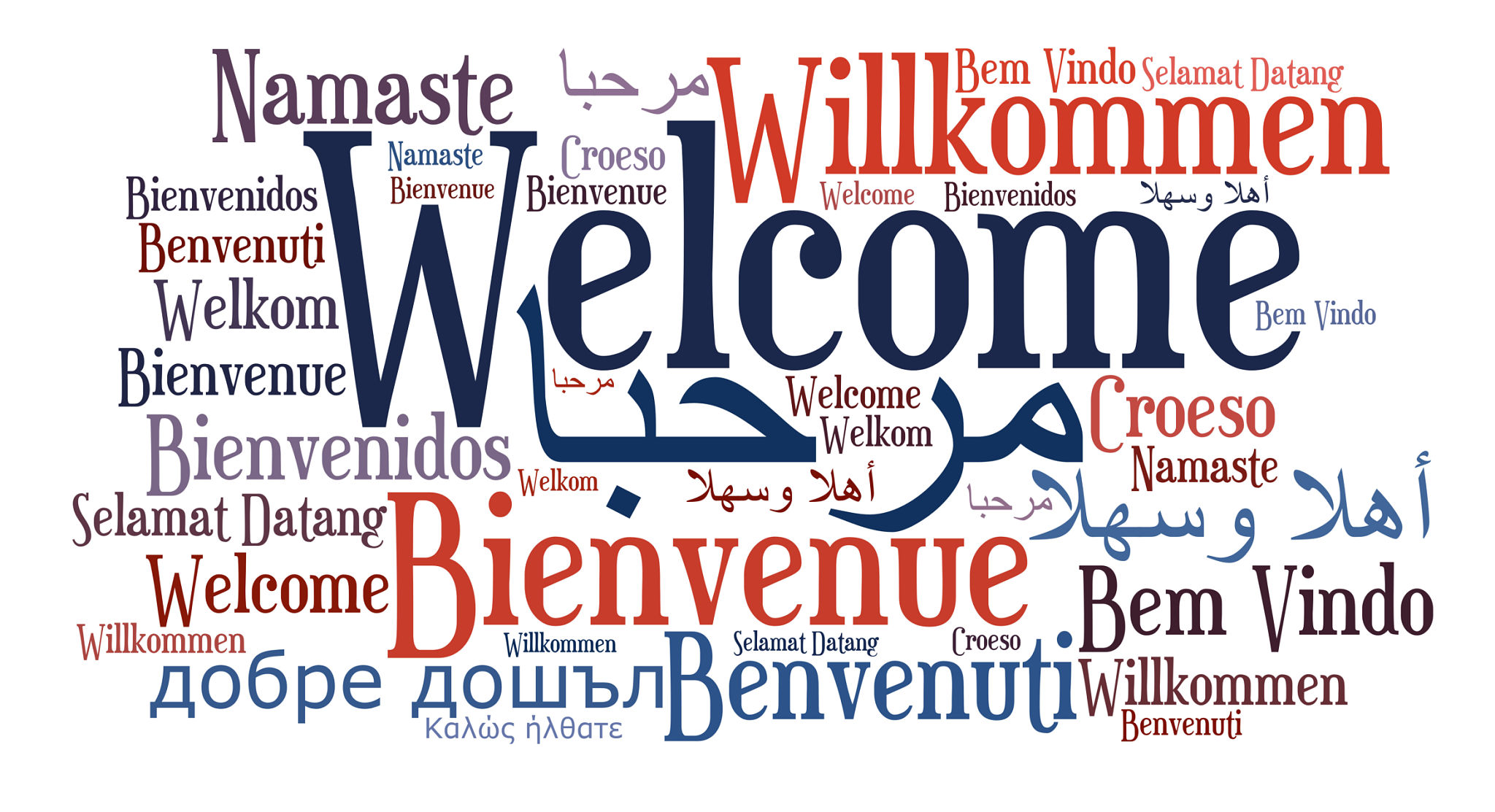Why Indigenous Language Preservation Matters: Insights from IKSHLI
The Importance of Indigenous Language Preservation
Indigenous languages are not merely tools for communication; they are vital repositories of culture, history, and identity. These languages hold the wisdom and traditions passed down through generations and play a crucial role in maintaining the cultural diversity of our world. As globalization and modernization continue to influence societies, the risk of losing these languages has become more pronounced. Organizations like IKSHLI are at the forefront of efforts to preserve and revitalize indigenous languages.

The Cultural Significance of Indigenous Languages
Indigenous languages are the heart of cultural expression. They offer insights into unique worldviews and ecological knowledge that have developed over centuries. These languages often include words and concepts that have no direct translation in other languages, providing a richer understanding of the human experience.
When a language disappears, the culture associated with it also fades. Artistic expressions, such as traditional stories, songs, and ceremonies, are often conveyed in native tongues, making language preservation essential for keeping these cultural treasures alive. This is where IKSHLI's work becomes invaluable, as they focus on documenting and promoting these languages to ensure their survival.
Economic and Social Benefits
Beyond cultural preservation, maintaining indigenous languages can bring economic and social benefits. Language is integral to community cohesion and identity. It helps foster a sense of belonging and pride among community members. Moreover, communities that maintain their languages often experience better social outcomes, such as improved mental health and educational achievements.

IKSHLI supports initiatives that promote bilingual education, which not only helps preserve languages but also enhances cognitive abilities and academic performance among students. The ability to speak multiple languages is increasingly seen as an asset in today's global economy.
IKSHLI's Approach to Language Preservation
IKSHLI employs a multifaceted approach to language preservation that includes documentation, education, and community engagement. Their projects often involve recording native speakers, creating educational materials, and establishing language workshops. By involving community members in these efforts, IKSHLI ensures that preservation initiatives are culturally relevant and sustainable.
The organization also collaborates with educational institutions to integrate indigenous languages into curricula. This not only helps in language preservation but also raises awareness among non-indigenous students about the importance of cultural diversity.

The Role of Technology in Revitalization Efforts
Technology plays a significant role in modern language preservation strategies. IKSHLI leverages digital tools to create online resources, mobile apps, and virtual communities where speakers can connect and practice their languages. These platforms make it easier for younger generations to learn and use their ancestral languages in their everyday lives.
Through social media campaigns and digital storytelling, IKSHLI reaches a broader audience, spreading awareness about the importance of preserving indigenous languages. By embracing technology, they ensure that these languages remain relevant in the digital age.
The Global Responsibility
Preserving indigenous languages is not just the responsibility of the communities that speak them; it is a global imperative. The loss of any language diminishes the richness of human culture as a whole. Governments, organizations, and individuals worldwide must support initiatives like those of IKSHLI to safeguard this invaluable heritage.
By understanding the importance of indigenous language preservation and actively participating in these efforts, we contribute to a more diverse and inclusive world. It is through this commitment that we can hope to keep the voices of our ancestors alive for future generations.